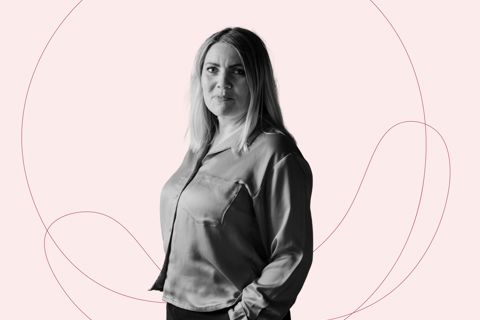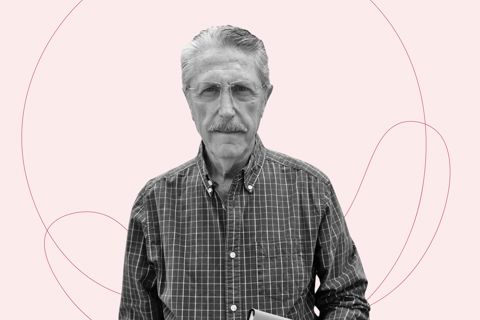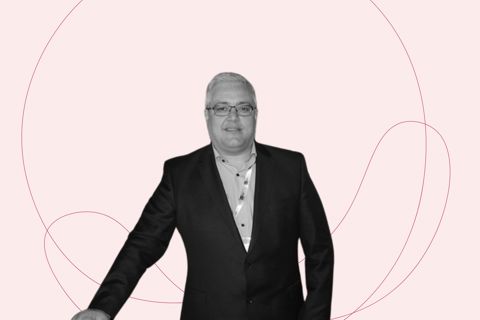3 at a choice presentations
For this session, you can choose between three different presentations with either Jorge Camors (UY), Marie Louise Stochholm (DK), or Salvatore STELLA (FR). Below, you will find more information about each presentation.
Presentation by Marie Louise Stochholm
Relational Competence – A Crucial Component of Social Pedagogical Practice
The nature of relationships and interactions is fundamental in special education and plays a critical role in determining whether a child, young person, or adult can benefit from an intervention. Therefore, systematically developing relational competence is central to pedagogical professionalism. Despite this importance, the pedagogical field often lacks the professional language and methods needed to emphasize this crucial aspect of our practice.
Creating, adjusting, and nurturing trusting interactions and relationships with each individual—whether a child, young person, or adult—are professional concerns and responsibilities that demand pedagogical reflection, collaboration, and a shared professional language. At the same time, it is essential to consider the perspectives of the child, young person, or adult in relation to collaboration and relationship-building.
This presentation will offer practice-oriented insights on how we can understand, articulate, and develop our relational competence as social educators.
This presentation will be conducted in English, but it will be simultaneously translated into Spanish and French.
Presentation by Jorge Camors
Opportunities and Challenges for Social Educators to Help Others Change Their Lives
In this presentation, I, Jorge Camors, will share my reflections on the work of social educators, drawing from my experience as an educator and Director of a National Public Training Center during the first 15 years of training social educators in Uruguay.
My analysis will center around the theme of the World Congress, exploring key dimensions of the work of social educators and its impact:
- Understanding the life of the “other”
What is the life of the “other” like, the individuals that social educators aim to support? What context shapes their lives? How can life be improved for these individuals, their families, and their communities? And what level of self-awareness does the “other” hold about themselves and their situation? - Is change a need felt by the “other”?
In social educational work, there is a tension between ideal change, necessary change, and what is realistically possible. Change is envisioned by the social educator but realized by the individual. How can, or should, social educators support these changes? It is crucial to consider that change is a personal decision, bearing ethical implications in the social educator’s role in guiding, but not imposing, change. - The work of social educators
Social educators often work within challenging environments, marked by social vulnerabilities and risks, where they support individuals with specific needs. There is a solitary aspect to the work, something exposed, that inevitably requires collaboration within a team — but how? Social educators work within public, educational, and social policies typically working on projects and in teams, and they face numerous challenges in their efforts to create meaningful impact.
This presentation explores the multifaceted role of social educators, reflecting on the challenges, ethical dimensions, and transformative potential for the individuals they support.
This presentation will be conducted in Spanish, but it will be simultaneously translated into English and French.
Presentation by Salvatore STELLA + Faysal HANNECHE
Empowering Social Educators and the Individuals They Support
Salvatore's presentation will focus on his practical experiences regarding joint training between social educators and the individuals they support, particularly in relation to family treatment and support for at-risk youth. To create a dynamic presentation, Salvatore will be accompanied by Faysal HANNECHE, who was previously a foster child in France and is now, as an adult, an explorer of both the North and South Poles, currently residing in Norway. As a foster child, Faysal was often on the brink of delinquency and faced significant mental challenges during his youth. He will share his story of how two social educators specifically helped him achieve the remarkable feat of connecting the two poles without assistance within the same year.
Salvatore and Faysal know each other well, and Salvatore will ask Faysal questions about how the social educators changed his life and supported him in becoming the successful adult and athlete he is today. Faysal's journey is inspiring and underscores how a strong educational relationship can transform a life.
The presentation will also cover the concept of "empowerment" in relation to strengthening social educators and the individuals they support, a topic that Salvatorre has previously addressed in a conference.
This presentation will be conducted in French, but it will be simultaneously translated into English and Spanish.

Marie Louise Stochholm (DK)
Sociologist, co-founder of the consulting firm Sopra, and specialist, lecturer, and supervisor
Read More
Jorge Camors (UY)
Educator, Adjunct Professor and Coordinator of the UNESCO Chair of Ecucation for Young People and Adults, University of the Republic Uruguay
Read More
Salvatore STELLA (FR)
Vice President of CNAPE (The National Union of Associations for the Protection of Children in France), General Director, author, and specialized educator
Read More
